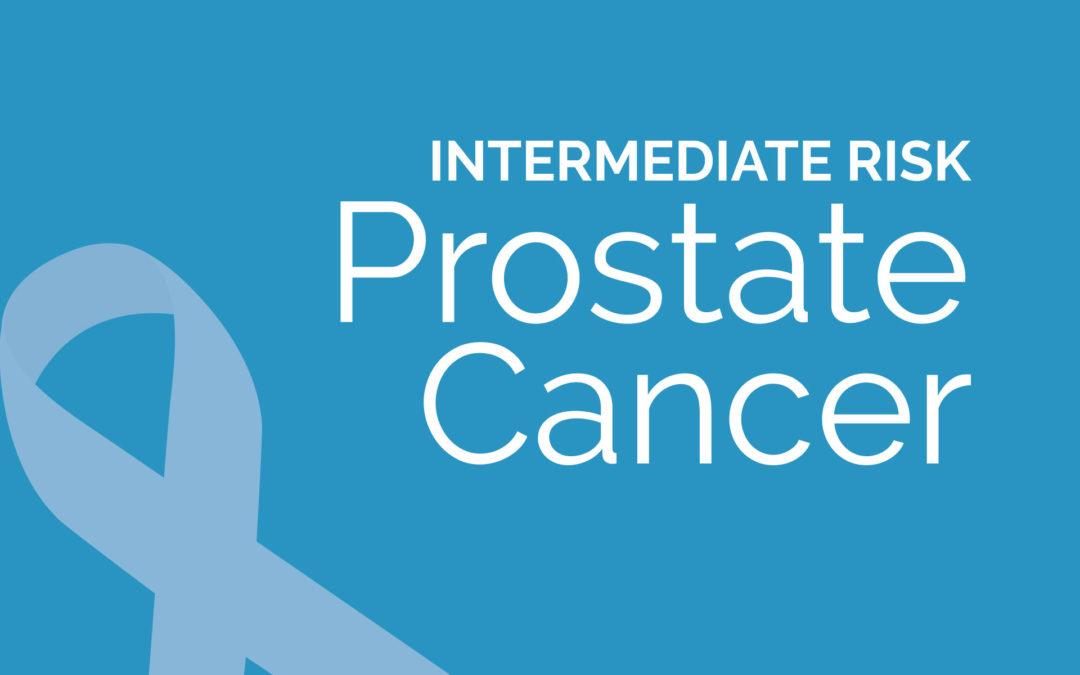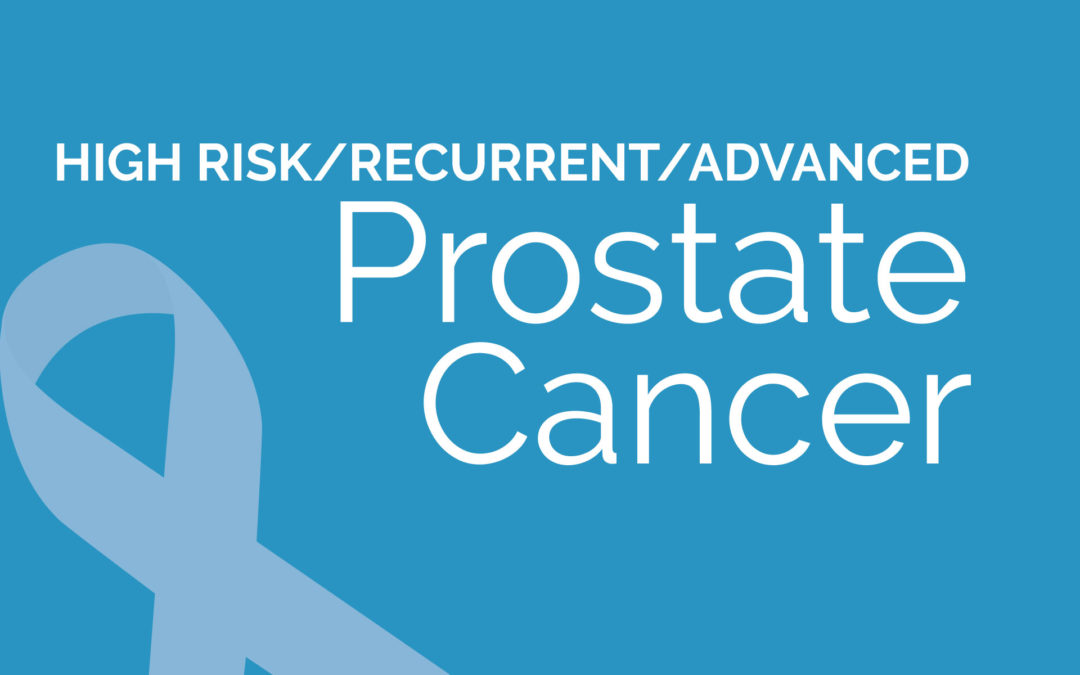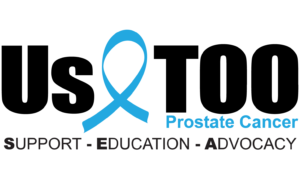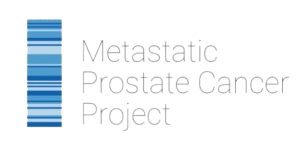
The Language of Cancer – AnCan Webinar
“The Language of Cancer” – upcoming WEBINAR, Monday, July 29 @ 8 pm Eastern
For those dialing in, the presentation slides can be downloaded here: Language of Cancer 072919

“The Language of Cancer” – upcoming WEBINAR, Monday, July 29 @ 8 pm Eastern
For those dialing in, the presentation slides can be downloaded here: Language of Cancer 072919

My thoughts these last few days have been about the tremendous advances in the entire world of prostate cancer over the past several years. Advances in various diagnostic tools and treatment modalities seems to have made a significant impact on the lives of men. Prostate cancer for many men has become a treatable and manageable disease that is no longer a scary death sentence hanging over our heads. This is especially true for men with low and intermediate grade disease and even for men like myself with more advanced disease there are many lights shining on what was once a dark and gloomy future.
I realize that I may well live for quite a few more years, and even with advanced prostate cancer I might die of some other unrelated cause. So, what should I spend my time doing as I approach another one of those milestone markers in life that we call “birthdays”? For the foreseeable future I will continue to help men and their partners navigate through the constantly changing and complex world of treatment decisions for prostate cancer. I will try and stay as up to date with the most current changes in this field as I can so that I can continue to provide relevant support to others. But what else should I do? Yes, I will continue with an exercise regimen and try to eat a healthy diet which I know is a benefit for my health. But life is far from over for me and I suspect most of you.
I believe that keeping alive an active sense of curiosity, an interest in hearing other people’s stories instead of repeating our own, nurturing whatever artistic nature dwells in us, be it painting, photography, writing or music. Keeping up an interest in the world around us and finding small ways that we can make a difference in the lives of those who might not be as fortunate as ourselves. Keeping our hobbies alive and daring to develop new ones. Even reigniting a bit of romance in our lives and those we share this journey with. All of these endeavors are just as important to me as checking my monthly PSA numbers or taking my daily pill regimen.
Let us remember that we are Living beings. Yes, we have a commonality of a prostate cancer diagnosis. But we have a great deal of living ahead of us. Keeping our eye on this rather than the downward cycle will do more for our health than perhaps anything else. Let’s make this the year of a truly Happy Birthday!
Together, our collective knowledge and understanding is powerful.

 |
 |
 |
Answer Cancer Foundation, in collaboration with Us TOO International Prostate Cancer Education & Support Network, The Broad Institute and Dana-Farber Cancer Institute, offers a virtual presentation on the Metastatic Prostate Cancer Project. Dr. Eliezer Van Allen, the project’s Principal Investigator, introduces and explains the project with slides and responds to questions from the panel and written questions from the audience.
Panel
The MPCP is a nationwide genomic research study for men with advanced or metastatic prostate cancer. It seeks to generate the most comprehensive database to be shared with the entire research community to accelerate discoveries. MPCP focuses cutting edge genomic science squarely on people living with metastatic prostate cancer. This project was designed and has been implemented collaboratively with metastatic prostate cancer patients, patient advocates, cancer researchers, physicians, and clinical specialists.
If you are a metastatic prostate cancer patient who has not yet participated, Dr. Van Allen explains the simple process via www.mpcproject.org.
Click the PDF icon for the deck![]()

Dr. Eliezer Van Allen is an Assistant Professor of Medicine at Harvard Medical School, a clinician at Dana-Farber/Partners Cancer Care, and an Associate Member at the Broad Institute of MIT and Harvard.
His research focuses on computational cancer genomics, the application of new technologies such as massively parallel sequencing to precision cancer medicine, and resistance to targeted therapeutics.
Originally from Los Angeles, CA, he studied at Stanford University, obtained his M.D. from UCLA, and completed a residency in internal medicine at UCSF before coming to Boston and completing a medical oncology fellowship at the Dana-Farber/Partners Cancer Care program.